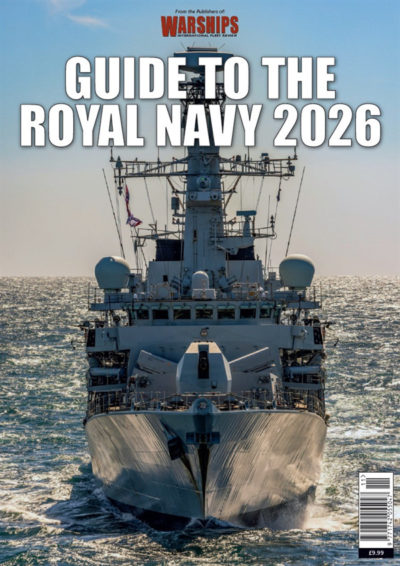ITALIAN FRIGATE SCORES FREMM MISSILE FIRST
The lead vessel of Italy’s FREMM frigate class, Carlo Bergamini, was the first ship of her kind to fire an Aster 30 missile during a test on the Quirra missile range.
The test was undertaken as part of a programme to qualify the Surface Anti Air – Extended Self Defence (SAAM ESD) combat management system that is mated with the Aster missile.
The entire system consists of advanced multi-function radar, the combat management system and Aster 15/30 missiles housed in a Sylver A50 VLS. Another launch in April 2017 will be integrated with the combat management system. The Aster missile family has been specifically designed to shoot down advanced aerial threats including supersonic Anti-Ship Missiles (ASM).
CHINESE SUBMARINES FOR BANGLADESH
Bangladesh has taken delivery of its first submarine. Two Chinese-built Type-035Gs have been acquired under a US $203 million deal. Bangladesh is seeking to improve its naval capabilities in a region that is seeing increasing naval modernisation. The submarines, which will patrol the resource-rich Bay of Bengal, are expected to enter service in 2017.
The subsea possessions of Bangladesh are nearly equal to its landmass including significant fossil fuel deposits. Delivery of the submarines has caused angst in neighbouring India, however, over the perceived increase in Chinese influence in a previously friendly neighbour.
The submarine acquisition is regarded as a provocation towards India and part of Chinese plans to encircle it by undermining its maritime security. The deal offers Bangladesh a critical capability at a bargain price too good to pass up. It also counters Myanmar and Thailand also recently making moves to establish submarine capabilities. India has been a submarine operator for decades.
Though the basic design of the Type-035G is totally obsolete, the submarines acquired by Bangladesh were only built in the 1990s. They feature reasonably modern capabilities and have some years of life left in them. They are therefore a reasonable choice for a nation without a huge budget for submarines.
UK & NORWAY AGREE JOINT TRAINING
The UK and Norway are to work closer on Maritime Patrol Aircraft (MPA) cooperation. The two nations have signed an agreement for Norway to host a British Forces training exercise in the Arctic regularly, which will enable UK and Norwegian MPA aviators to train over seas where Russian submarines are frequently to be found.

By 2019 the UK will have filled its MPA capability gap with the new P-8 Poseidon. Investment in infrastructure at RAF Lossiemouth in Scotland is already underway, with former armed forces personnel who previously flew in the UK’s Nimrod MPA also returning to the help set up the new capability.
BALKANS NAVY ON PATROL IN AEGEAN
NATO has received a boost with the Albanian Navy embarking on its first mission with the defence alliance. The patrol vessel ALS Oriku has been added to Standing NATO Maritime Group 2 (SNMG2) in the Aegean Sea as part of efforts to stop illegal people trafficking and manage migration.
A NATO spokesperson explained: “ALS Oriku is an Iliria Class patrol boat manned by 21 crew members who will rotate every two months throughout the year-long deployment with the NATO group. The Albanian Navy commitment is a welcome addition to the group and the deployment will support interoperability.”
The Albanian patrol boat is working with ships from Greece, Netherlands, Turkey, and the United Kingdom in support of NATO’s current activities in the Aegean Sea. Albania joined NATO in 2009 and also contributes troops to the alliance-led Kosovo Force peace-keeping mission.





Comments
Sorry, comments are closed for this item